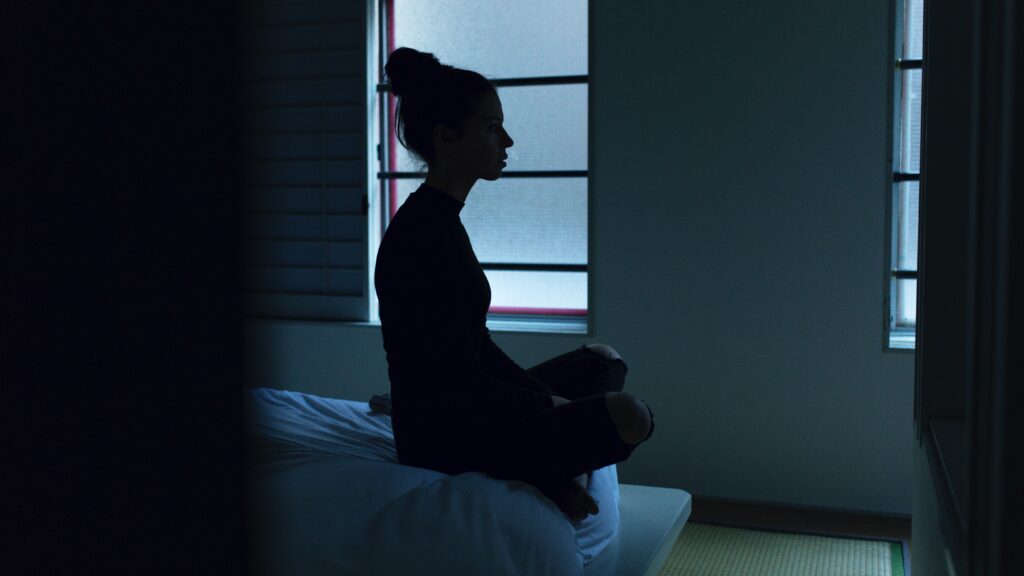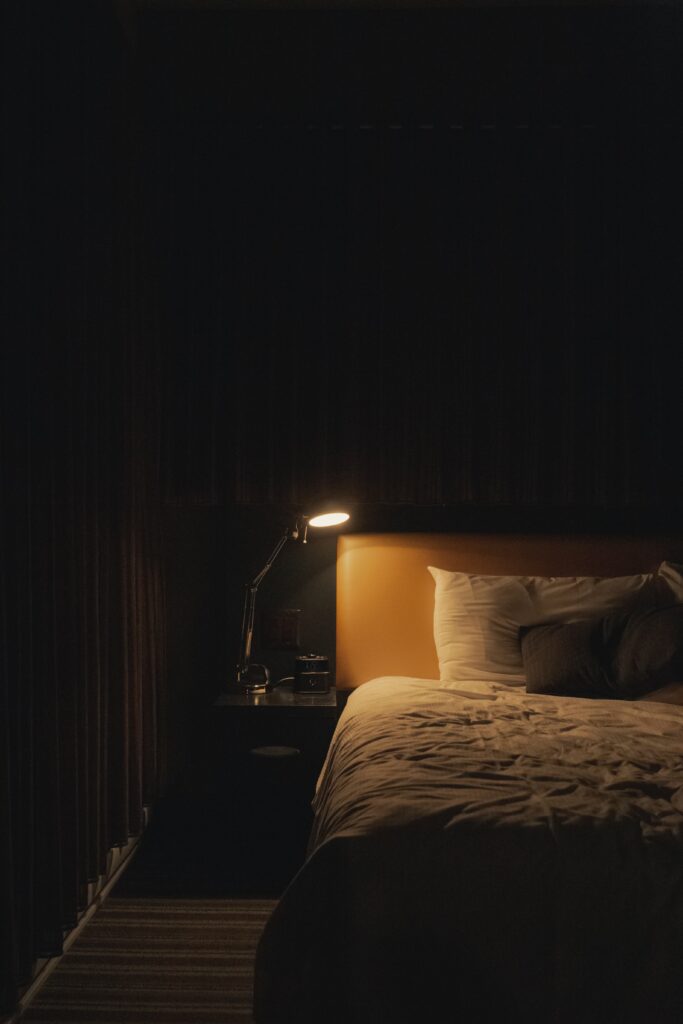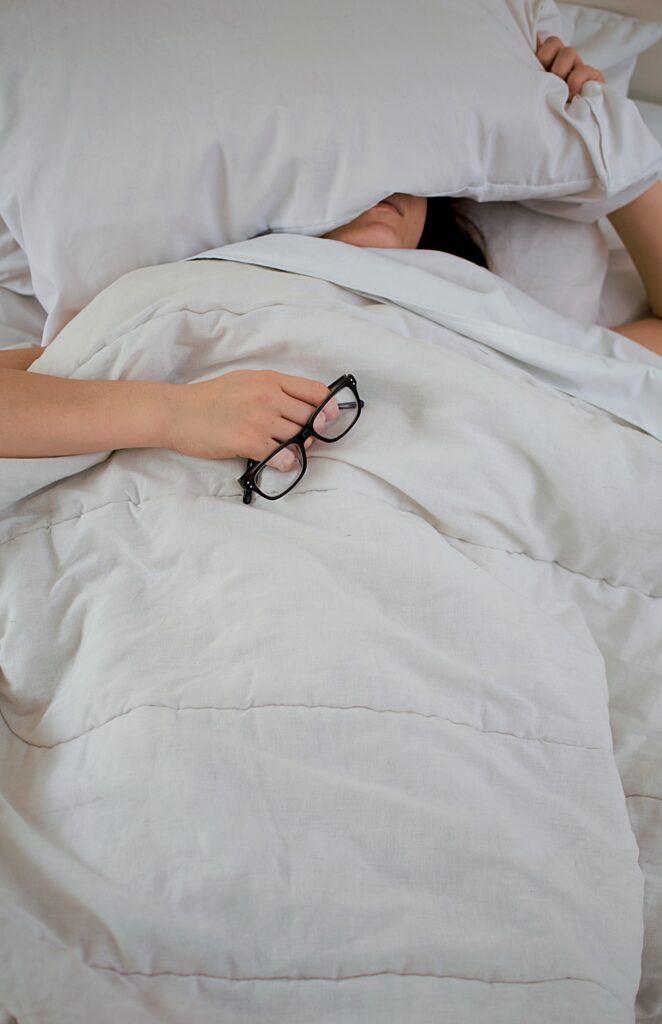by Dr ANSAR AHAMED
Getting a good night’s sleep is crucial for our overall health and well-being.
It affects our mood, productivity, and cognitive function.
According to study published in BMJ,a good night sleep of 6-7 hours duration helps in reducing the risk of high lipid levels.
However, with the fast-paced and technology-driven world we live in, many of us struggle to get the quality sleep our bodies need.
That’s where sleep hygiene comes in.
In this blog post, we will explore what sleep hygiene is and provide you with practical tips to improve your sleep quality.
What is Sleep Hygiene?
What precisely is sleep hygiene? Think of it as a collection of habits that help you have a good night’s sleep. Scientists and sleep experts agree that good sleep hygiene can lead to improved sleep quality[^1^].
Just like good personal hygiene keeps us clean and healthy, sleep hygiene helps us establish a regular sleep routine and create an environment that is conducive to sleep.
By adopting these habits, we can improve the quantity and quality of our sleep, leading to better physical and mental health.
Why is Sleep Hygiene Important?
Lack of quality sleep can have adverse effects on our overall health and well-being.
It can increase the risk of chronic conditions such as obesity, diabetes, and heart disease.
In a study published in American Diabetes Association reduced sleep was associated with high risk of developing type 2 diabetes
Poor sleep also affects our cognitive function, memory, and concentration.
Moreover, it can contribute to mental health issues, including anxiety and depression.
By prioritizing sleep hygiene, we can set ourselves up for a good night’s rest, helping us maximize our daily potential and improve our overall quality of life.
Tips for Better Sleep Hygiene
Now that we understand the importance of sleep hygiene, let’s explore some practical tips to improve our sleep quality:
1. Establish a Consistent Sleep Schedule

Our bodies have an internal clock called the circadian rhythm, which regulates the sleep-wake cycle.
By going to bed and waking up at the same time every day, even on weekends, we can help regulate this clock and enhance our sleep quality.
Aim for seven to nine hours of sleep per night for optimal rest.
2. Create a Relaxing Bedtime Routine
- Relaxation techniques before bed have been proven to improve sleep quality[^3^].
Engaging in relaxing activities before bed can signal to your body that it’s time to unwind and prepare for sleep.

Consider activities such as reading a book, taking a warm bath, or practicing deep breathing exercises.
Avoid stimulating activities like using electronic devices or engaging in intense exercise close to bedtime.
3. Design a Sleep-Friendly Bedroom

Your sleep environment plays a significant role in the quality of your sleep.
Make sure your bedroom is cool, dark, and quiet. Invest in comfortable pillows, a supportive mattress, and breathable bedding.
Consider using earplugs, blackout curtains, or white noise machines to block out any external disturbances.
4. Limit Exposure to Screens Before Bed

Reducing exposure to blue light emitted by electronics in the evenings contributes to good sleep hygiene[^3^].
The blue light emitted by electronic devices can suppress the production of melatonin, the hormone that regulates sleep.
Avoid using screens, such as smartphones, tablets, and televisions, for at least an hour before bedtime. Instead, engage in relaxing activities that promote sleep.
5. Be Mindful of Your Diet and Caffeine Intake

What you eat and drink can significantly impact your sleep quality.
Avoid heavy meals,alcohol,spicy foods and excessive fluid intake close to bedtime, as they can cause discomfort and nocturnal awakenings.
Limit your caffeine consumption, especially in the afternoon and evening, as it can interfere with your ability to fall asleep.
Include tryptophan rich foods like turkey,milk and nuts in your dinner.Tryptophan is an essential amino acid that help in the production of neurotransmitter serotonin which is very important for mood and sleep.
6. Create a Comfortable Sleeping Environment
Your sleep environment should be tailored to your preferences and needs.
Invest in a good-quality mattress, comfortable pillows, and suitable bedding that can regulate your body temperature.
Experiment with different room temperatures, lighting conditions, and room decorations to find what works best for you.
7. Manage Stress and Anxiety
Stress and anxiety can greatly impact our ability to fall asleep and stay asleep.

Consider incorporating stress management techniques into your daily routine, such as meditation or yoga.
If needed, seek support from a mental health professional who can provide guidance and tools to manage stress.
8. Exercise Regularly

Regular physical activity can help you fall asleep faster and promote deeper sleep[^4^].
Aim for at least 30 minutes of moderate-intensity exercise most days of the week.
However, avoid exercising too close to bedtime as it can increase your alertness and make it harder to fall asleep.
9. Avoid Napping Too Late in the Day
While a short nap during the day can be refreshing, avoid napping too close to your regular bedtime.
Late naps can interfere with your ability to fall asleep at night.
If you feel the need to nap, keep it short (around 20-30 minutes) and schedule it earlier in the day.
10. Seek Professional Help if Needed
If you consistently struggle with sleep despite practicing good sleep hygiene habits, it may be beneficial to consult a sleep specialist.
Difficulty in sleeping can also be a sign of underlying sleep disorders like sleep apnea or insomnia[^5^].
They can diagnose and treat sleep disorders that may be contributing to your sleep difficulties.
They can also provide guidance on creating a personalized sleep plan for optimal sleep health.
Conclusion

Sleep hygiene is essential for achieving restful and rejuvenating sleep.
By adopting the tips we discussed, you can create a sleep-friendly environment, establish a consistent sleep routine, and manage stress and anxiety.
Remember, good sleep is within your reach, and by prioritizing sleep hygiene, you can unlock its numerous benefits for your overall health and well-being.
So, tonight, set the stage for a peaceful slumber, and wake up refreshed and ready to conquer the day ahead!
https://dransarhealthblog.com/neurology/understanding-migraine-triggers/
References
[^1^]: Sleep Foundation: Sleep Hygiene
[^2^]: American Psychological Association: The Benefits of Relaxation Techniques
[^3^]: Harvard Health Publishing: Blue light has a dark side
[^4^]: Johns Hopkins Medicine: Exercise and Sleep
[^5^]: Mayo Clinic: When to Consult a Sleep Specialist
